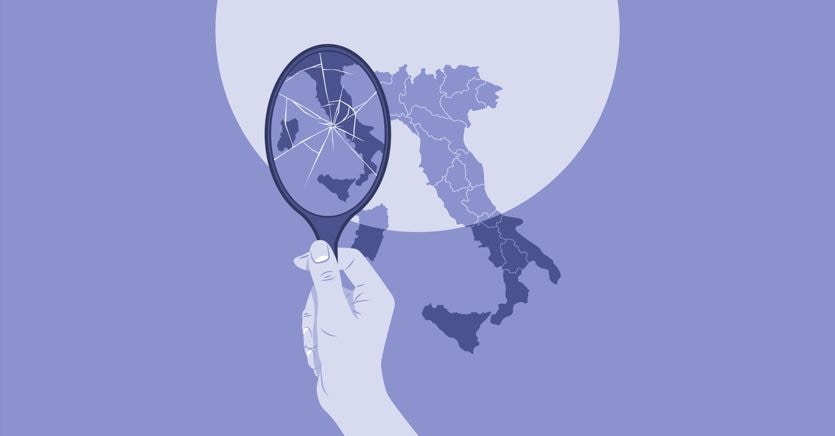Even if at a rate crushed to the lowest levels since 2001, in the forecasts of the International Monetary Fund the world economy in 2023 will continue to grow (+ 2.7%). But with three significant exceptions: Russia hit by war and sanctions, Germany which is now paying for the long years in which it has tightened into the knot of its record energy dependence on Moscow, and Italy. Which pays a pledge to energy and inflation but also to the deep braking of its first trading partner, Germany.
The recession increasingly evoked in recent weeks, by some to deny it and by others to hypothesize it (“it cannot be excluded” in Europe, the EU Commissioner for Economy Paolo Gentiloni reiterated yesterday), becomes explicit in the tables of the World Economic Outlook published on 11 October by the Fund. For Italy, a year of contraction of -0.2% is expected, that is eight tenths less than what the government assumed and 9 tenths below the estimates of the IMF itself in July, while the distance compared to to the hopes of last April. The first consequence is unemployment rising to 9.4%, higher than the 8% projected by the government.
The differences in public debt between Italy and Germany
The scenario, it was said, is similar to the German one, to which the IMF attributes a GDP of -0.3%, but with an important difference: debt. Berlin, thanks to a deficit lower than ours, is seen to decrease from 71.1% of GDP this year to 68.3% of the next, while ours would stop its downward path, stopping at 147.1% : basically the same level (one tenth less) than now. It would not be a small problem.
Because the dynamics of the Italian debt has inevitably returned to the center of attention of the markets, called to replace the ECB in the role of purchasers of net issues while rates rise.
This was clarified by the repeated warnings of recent weeks, from Moody’s which promises a downgrade in the event of a stop to the decline in debt to Fitch which, like colleagues, also emphasizes the risks in implementing the NRP. And this is confirmed by the care with which the outgoing government has constructed a different scenario, surrounding it, however, with constant warnings on the many “downside risks”.
